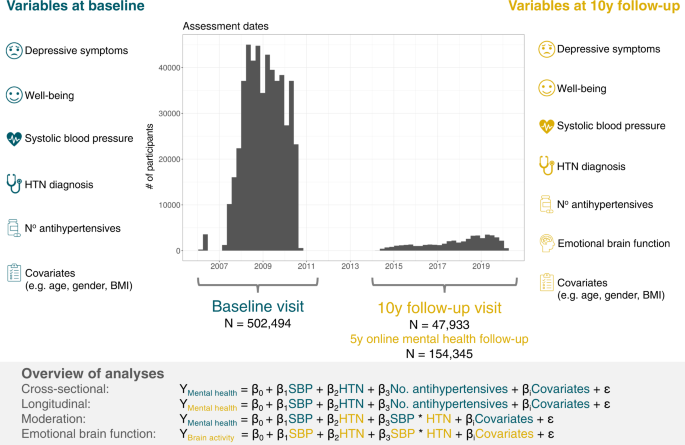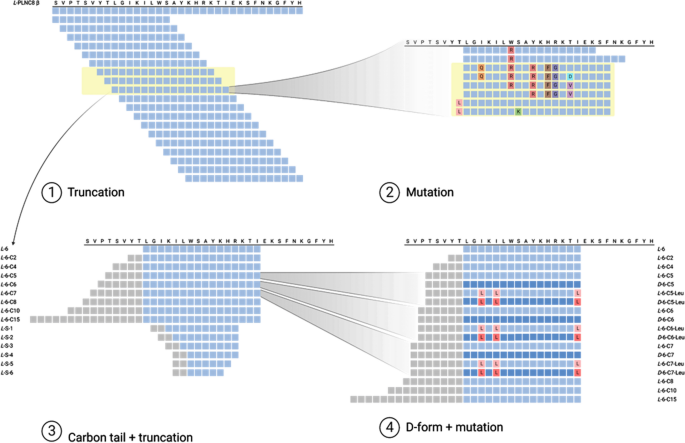2023-04-12 カナダ・コンコーディア大学
初期のワクチンは、世界保健機関のガイドラインに沿って約75%の効果を持っていたが、時間の経過とともに効果が低下し、280日後には47%に低下した。しかし、入院と死亡に対する長期的な保護は比較的安定していた。研究者は、ワクチンだけでは感染拡大を止めることができないため、マスク着用や社交距離の維持が依然として重要であると強調している。
<関連情報>
- https://www.concordia.ca/news/stories/2023/04/12/the-first-line-of-vaccines-was-highly-effective-at-restricting-covid-19s-damage-according-to-a-new-concordia-study.html
- https://www.thelancet.com/journals/lanres/article/PIIS2213-2600(23)00015-2/fulltext
成人における感染症、入院、死亡に対するCOVID-19ワクチンの長期的有効性:2022年12月までの迅速生活系統的エビデンス統合およびメタアナリシスによる知見 Long-term effectiveness of COVID-19 vaccines against infections, hospitalisations, and mortality in adults: findings from a rapid living systematic evidence synthesis and meta-analysis up to December, 2022
Nana Wu,Keven Joyal-Desmarais,Paula A B Ribeiro,Ariany Marques Vieira,Jovana Stojanovic,Comfort Sanuade,Doro Yip,Simon L Bacon
The Lancet Respiratory Medicine Published:February 10, 2023
DOI:https://doi.org/10.1016/S2213-2600(23)00015-2

Summary
Background
Synthesising evidence on the long-term vaccine effectiveness of COVID-19 vaccines (BNT162b2 [Pfizer–BioNTech], mRNA-1273 [Moderna], ChAdOx1 nCoV-19 [AZD1222; Oxford–AstraZeneca], and Ad26.COV2.S [Janssen]) against infections, hospitalisations, and mortality is crucial to making evidence-based pandemic policy decisions.
Methods
In this rapid living systematic evidence synthesis and meta-analysis, we searched EMBASE and the US National Institutes of Health’s iSearch COVID-19 Portfolio, supplemented by manual searches of COVID-19-specific sources, until Dec 1, 2022, for studies that reported vaccine effectiveness immediately and at least 112 days after a primary vaccine series or at least 84 days after a booster dose. Single reviewers assessed titles, abstracts, and full-text articles, and extracted data, with a second reviewer verifying included studies. The primary outcomes were vaccine effectiveness against SARS-CoV-2 infections, hospitalisations, and mortality, which were assessed using three-level meta-analytic models. This study is registered with the National Collaborating Centre for Methods and Tools, review 473.
Findings
We screened 16 696 records at the title and abstract level, appraised 832 (5·0%) full texts, and initially included 73 (0·4%) studies. Of these, we excluded five (7%) studies because of critical risk of bias, leaving 68 (93%) studies that were extracted for analysis. For infections caused by any SARS-CoV-2 strain, vaccine effectiveness for the primary series reduced from 83% (95% CI 80–86) at baseline (14–42 days) to 62% (53–69) by 112–139 days. Vaccine effectiveness at baseline was 92% (88–94) for hospitalisations and 91% (85–95) for mortality, and reduced to 79% (65–87) at 224–251 days for hospitalisations and 86% (73–93) at 168–195 days for mortality. Estimated vaccine effectiveness was lower for the omicron variant for infections, hospitalisations, and mortality at baseline compared with that of other variants, but subsequent reductions occurred at a similar rate across variants. For booster doses, which covered mostly omicron studies, vaccine effectiveness at baseline was 70% (56–80) against infections and 89% (82–93) against hospitalisations, and reduced to 43% (14–62) against infections and 71% (51–83) against hospitalisations at 112 days or later. Not enough studies were available to report on booster vaccine effectiveness against mortality.
Interpretation
Our analyses indicate that vaccine effectiveness generally decreases over time against SARS-CoV-2 infections, hospitalisations, and mortality. The baseline vaccine effectiveness levels for the omicron variant were notably lower than for other variants. Therefore, other preventive measures (eg, face-mask wearing and physical distancing) might be necessary to manage the pandemic in the long term.
Funding
Canadian Institutes of Health Research and the Public Health Agency of Canada.


